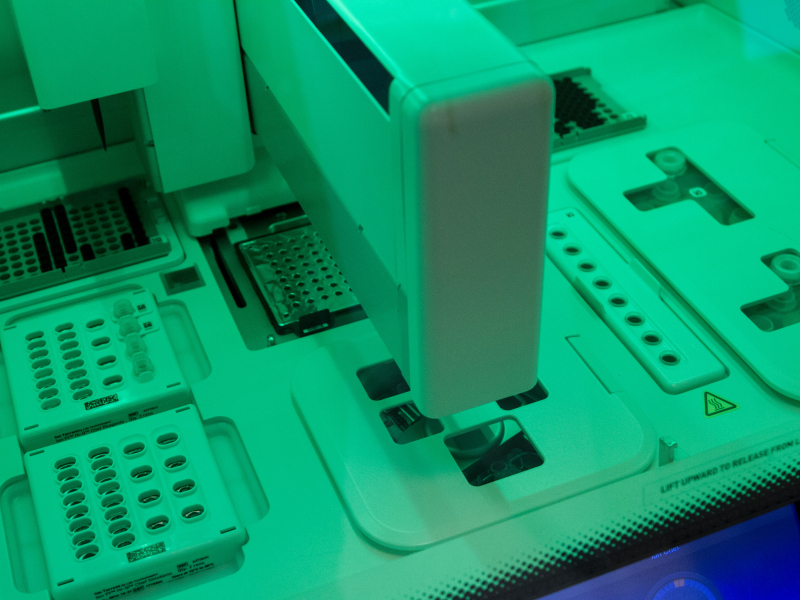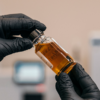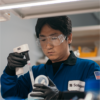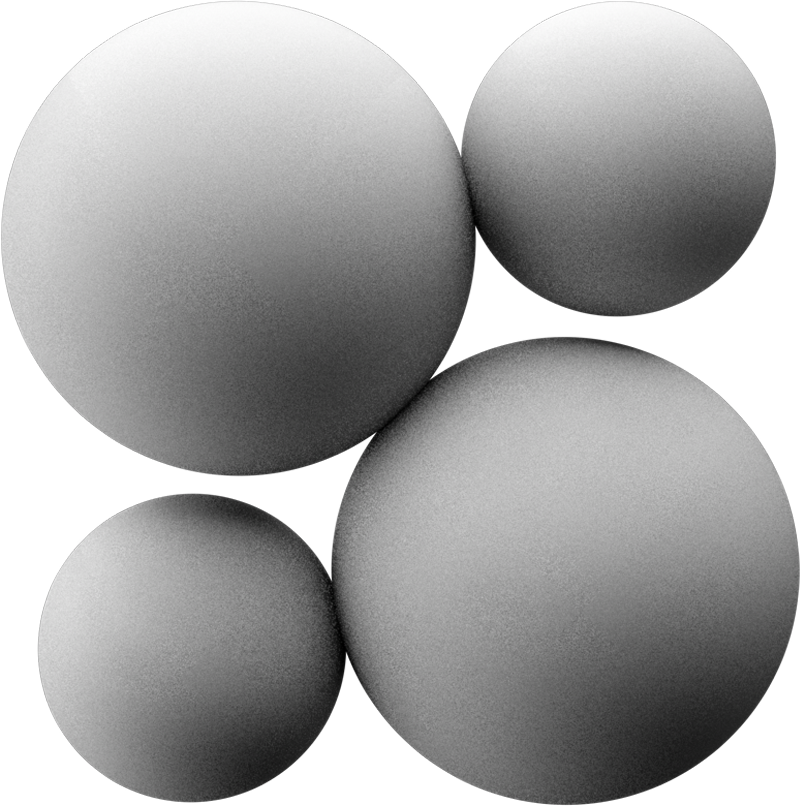As the world becomes more connected and more people travel, there is a need for mobile healthcare. Genetic storage in DNA can be a useful tool for medical professionals to use when they are on the go or in remote areas.
DNA data storage is a revolutionary method of storing digital data. In the future, DNA will be able to store all our memories, home videos, and even our favorite music.
The data is stored in the form of binary code that converts into a readable format when read by machines. DNA is also a very durable material and can last up to 1500 years in a good storage environment.
Scientists believe that DNA data storage could solve many of the world’s archiving problems and they are going to start experimenting with this medium as it has many benefits over other data storage systems.

DNA stores genetic data that is constantly being updated. This means that a person’s medical records can be available to their doctors no matter where they are located, as long as they have access to a DNA testing kit.
The benefits of storing one’s DNA are plentiful. It allows for the conservation of genetic material that would otherwise be lost without preservation. It is also a way to get more information about family lineage and medical history.
The benefits of using DNA as a data storage medium are:
- It’s nearly immortal – DNA can last for thousands of years if kept properly
- It’s incredibly dense – up to 1,000 terabytes per gram
- It’s secure – it can be encrypted, and it will not degrade over time like other physical media
- It’s inexpensive – costs have come down significantly in recent years
In the future, we will be able to use this technology to preserve and pass down human history for many generations without having any physical form.








